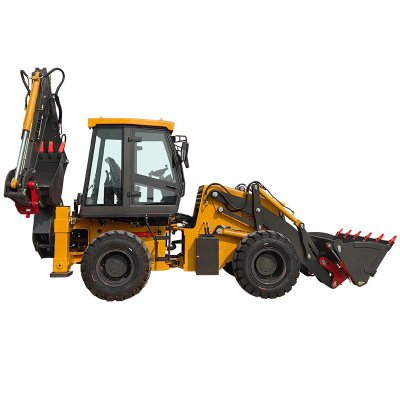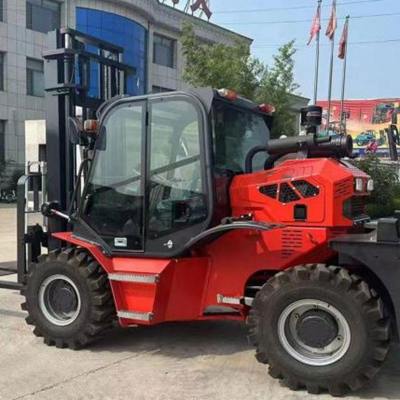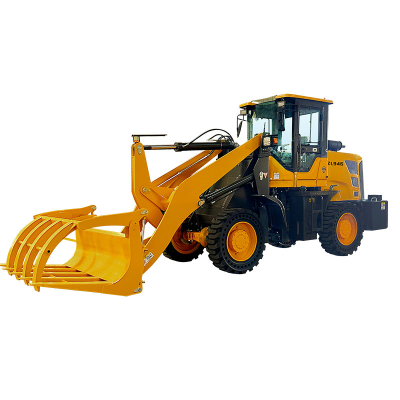What is an Electric Wheel Loader? The Future of Material Handling
Electric loaders are a type of construction machinery used for material handling, loading, and unloading. Their increasing popularity in the agriculture, material handling, and construction industries has many customers wondering why they have become the preferred equipment for businesses in these sectors.
Electric loaders are a type of loader that is powered by electricity, using both electricity and a generator. They are cleaner and quieter than diesel loaders.
Electric loaders offer unparalleled low pollution levels, making them suitable for a wide range of industries—from farms and ports to urban construction—making them a popular choice across a wide range of sectors.
The Working Principle of Electric Loaders
The core components of electric loaders are completely different from those of diesel loaders.
First, the engine: Our Wogong uses a lead-acid battery generator instead of the original diesel engine, which allows for smoother acceleration and better motor conversion efficiency, converting most of the electrical energy into the kinetic energy needed for movement.
Second, the inverter: This converts the electricity from the generator into AC power for the loader, thereby controlling the voltage and speed.
Finally, wogong loader's hydraulic system: The loader uses a fully hydraulic steering system, allowing for precise control of the bucket and boom.
Advantages of Electric Loaders
Electric loaders offer numerous advantages, potentially enabling the development of new businesses.
Zero Emissions: Electric loaders generate electricity, producing no harmful gases such as carbon dioxide. The machines operate quietly, making them ideal for factory use without posing a hazard to workers. They are also a good choice for cities with stringent environmental regulations.
Reduced Operating Costs: Electricity is known to be cheaper than diesel. This eliminates the need for expensive diesel fuel, frequent oil changes, and the disposal of emitted gases, thus reducing the loader's operating costs.
Common Applications and Uses of Electric Wheel Loaders
The versatility of electric wheel loaders makes them suitable for a wide range of industries:
Construction: Ideal for urban redevelopment projects, interior demolition, and sites with strict emission controls.
Agriculture: Perfect for handling feed, manure, and grains inside barns and greenhouses without harming air quality for livestock or workers.
Warehousing & Logistics: Loading and unloading trucks, moving palletized goods, and stockpiling materials indoors with zero fumes.
Waste Management & Recycling: Operating in transfer stations and recycling centers where reducing emissions and improving air quality is a top priority.
Mining & Tunnels: Their zero-emission capability is critical for enclosed spaces where ventilation is a challenge and worker safety is paramount.
Choosing the Right Electric Wheel Loader: A Quick Guide
When considering an electric wheel loader for your business, keep these factors in mind:
Cost of Ownership: The purchase price may be higher than that of a diesel loader, but the subsequent maintenance and fuel costs will be lower.
Accessories: Select appropriate accessories based on the functions required by your industry. For example, a dedicated bucket can be selected for snow removal.
Power: Determine the power required to complete the task at your work site.
Operating Time: Determine the working hours based on the work site and select a matching battery capacity. Also, choose a model with fast charging capabilities to minimize downtime.
Conclusion: Launch Your New Business with Electric Loaders
As electric loaders have become increasingly popular, they have rapidly become the preferred solution for the material handling, agricultural, and construction industries, bolstered by their zero-emission, low-noise capabilities. They represent the future of the industry.
As a wheel loader manufacturer, Wogong is committed to helping you achieve energy transition. We offer a wide range of models, ensuring you have one that meets your specific needs.
[Contact us now for a free consultation] Tell us what you need, and we'll find the right machine for you, ushering in a brighter future of energy-saving living.





